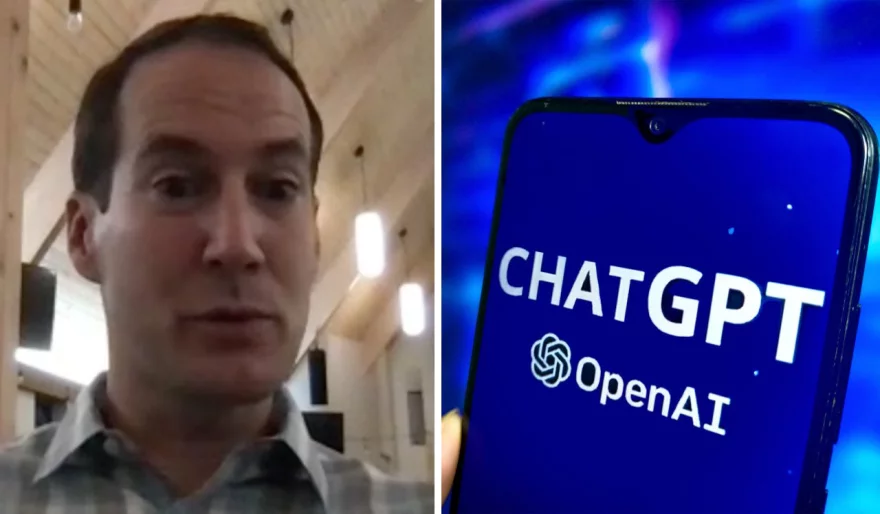Stay Ahead of the Curve
Latest AI news, expert analysis, bold opinions, and key trends — delivered to your inbox.
Pastor Who Used AI for Church Service Says It Was a "One-Time Deal"
7 min read Pastor's AI-generated sermon a "one-time deal." He turned to AI due to time constraints but found the results lacking. October 16, 2023 06:14
Pastor Who Used AI for Church Service Says It Was a "One-Time Deal"
A pastor who used AI to generate a sermon during a church service has said that it was a "one-time deal" and that he will not be doing it again.
The pastor, who has not been identified, said that he used AI to generate the sermon because he was short on time. However, he said that he was not happy with the results and that the sermon was "not very good."
The pastor also said that he was concerned about the ethical implications of using AI to generate sermons. He said that he did not want to give the impression that AI could replace human pastors.
"I think it's important for pastors to be authentic and to share their own personal stories and experiences," the pastor said. "AI can't do that."
The pastor's decision to use AI for a church service has sparked a debate about the role of technology in religion. Some people have argued that AI can be used to make religion more accessible and engaging, while others have expressed concerns about the potential for AI to be used to manipulate people.
What does this mean for the future of religion?
It is still too early to say what the long-term impact of AI on religion will be. However, it is clear that AI is a powerful tool that has the potential to change the way we worship.
While some pastors may be hesitant to use AI to generate sermons, others may see it as a way to reach a wider audience or to provide more personalized support to their congregants.
AI could also be used to create new forms of religious expression, such as interactive prayer experiences or virtual religious communities.
The ethical implications of using AI in religion
It is important to be aware of the ethical implications of using AI in religious contexts. We need to make sure that AI is used in a way that respects the beliefs and values of all religious communities.
For example, some people may be concerned that AI could be used to create religious propaganda or to manipulate people's beliefs. It is important to ensure that AI is used in a transparent and accountable way.
We also need to be careful not to replace human pastors with AI. AI can be a valuable tool for pastors, but it should not be used to replace the human touch.
Overall, it is important to have an open and honest conversation about the role of AI in religion. We need to weigh the potential benefits of AI against the potential risks. We also need to ensure that AI is used in a way that respects the beliefs and values of all religious communities.



















 AI Agents
AI Agents